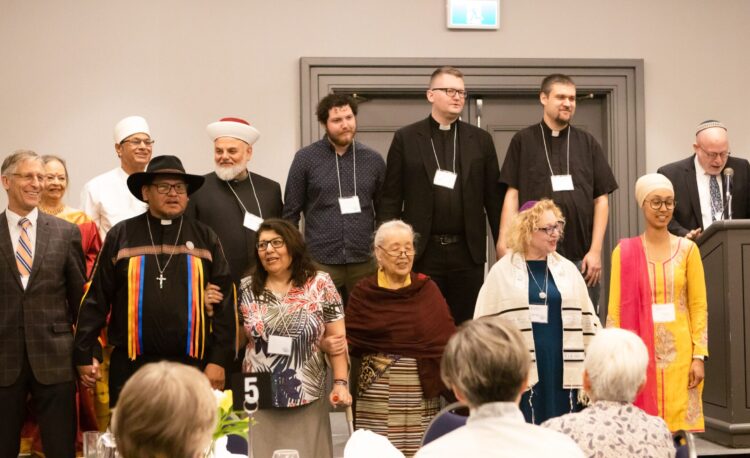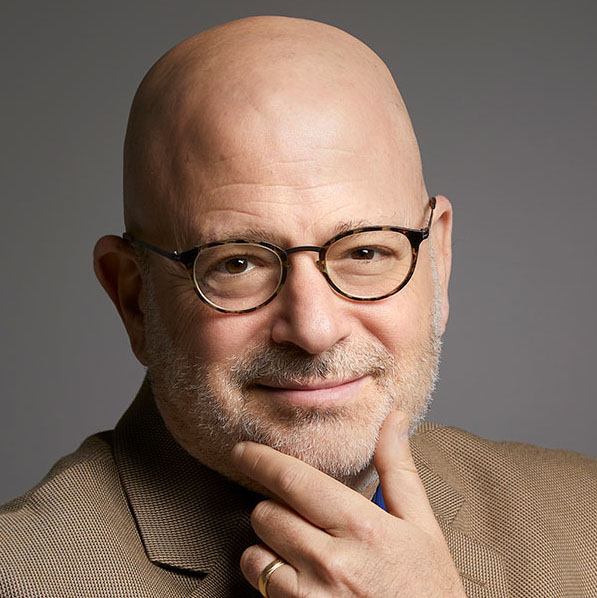It was a great idea, I thought: Let’s have an interfaith breakfast for the whole community! Let’s invite representatives from as many of Calgary’s faith groups as we can, let’s have a great program, and let’s celebrate our religious diversity. And better yet, let’s get the mayor to co-host it!
Little did I know what I was getting myself into. We gathered a terrific committee to plan the event, we got the mayor on board, we invited a great speaker. Everything was on track.
But then came the decisions. What would we have for breakfast? Jews and Muslims wouldn’t eat pork, Hindus wouldn’t eat beef, and Mormons wouldn’t drink coffee. Should it be vegetarian? Vegan? Maybe, but some people might really want meat for breakfast. Who would appear on the dais that day? We wanted representatives from all religious groups, but there were just so many of those groups. There were Reform and Conservative Jews; Shia, Sunni, Ahmadiyya, and Ismaili Muslims; there were Bahais, and Hindus, and Sikhs; and then there were Christians – Lutherans, United Church, Catholics, Evangelicals, and others. So many religions; so few spots on the program. What were we going to do?
An interfaith, multiethnic musical group agreed to perform. Great. But then, a few days before the event, we discovered that one of their performers was a Flamenco dancer. Some members of our committee thought it would be great to have a Flamenco dancer; others had religious qualms about it; and others objected to the very idea of having a dancer at breakfast.
There were other questions, as well, far too many for me to enumerate here. But in the end, we worked them out. It wasn’t always easy, and we had to make a real effort to honor everyone’s perspectives even as we gave voice to our own. We put together a delicious menu, with options for every religious diet imagineable; we assembled a program that involved enough groups to allow everyone to feel represented; we politely declined the dancer. And as a result of all these difficult decisions, we ended up with a delightful breakfast that everyone who attended will surely remember for a very long time.
Reflecting upon it afterward, I realized that there are two kinds of interfaith work. One is what I call “Easy Interfaith.” That’s the kind of interfaith activity in which we say “You’re special; I’m special; we’re all special; all humans are God’s children…let’s sing Kumbaya.”
But then there’s “Tough Interfaith.” This is interfaith work in which we work together in more demanding ways. In Tough Interfaith, we get to know one another, and we allow ourselves to be challenged by one another’s truths. Often, we agree when doing Tough Interfaith, but sometimes we don’t. And sometimes when we disagree, we really butt heads with one another. However, whenever we do, we argue with the commitment to somehow making it all work, because we can’t afford not to.
Planning this breakfast left me with a “Wow!” feeling.
Wow, I thought to myself – these are people with whom I disagree on so many levels. We disagree about who was the messiah, about the role of prayer, and about what it is that we feel God wants of us. And yet, we got together and made this thing work, fully agreeing that we need one another despite and sometimes because of our disagreements. And as a result of this encounter, I think I came out a better Jew and a better human being. Rabbi Glickman
Wow, indeed.
Working as chairman of the Calgary Interfaith Council was an unspeakably rich blessing. I feel fortunate beyond words to call my fellow council-members my friends, and I look forward to those blessings continuing for a very long time.


